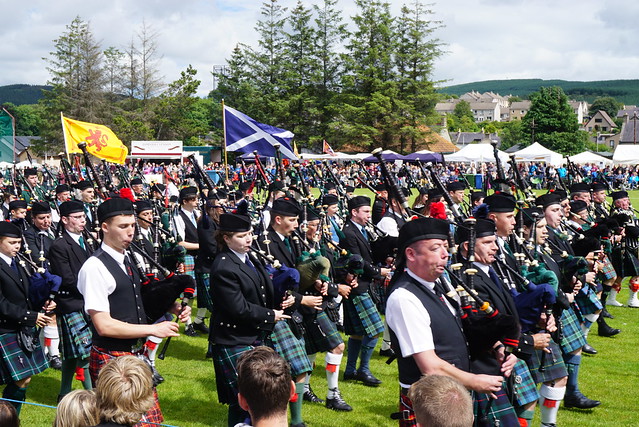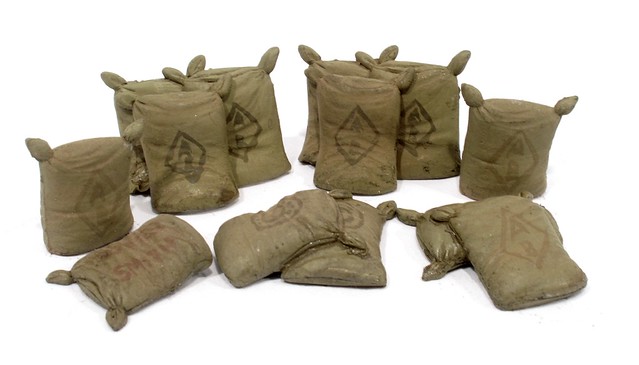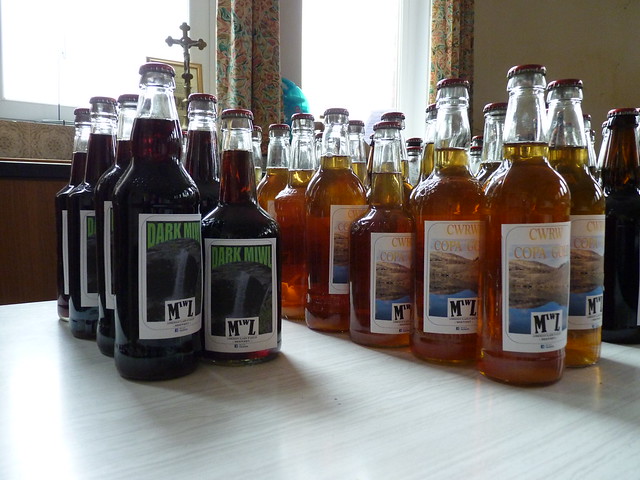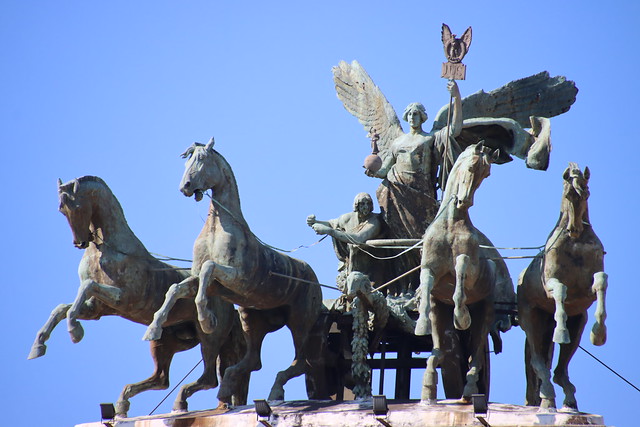Podcast: Play in new window | Download
In this episode we’re look into words for flowers and related things.
In Proto-Celtic, the word *blātus meant flower of blossom. It comes from the Proto-Indo-European root *bʰleh₃- (bloom, flower) [source].
Descendents in the modern Celtic languages include:
- bláth [bˠl̪ˠɑː/bˠl̪ˠaː] = blossom, flower; bloom, beauty, prime; prosperity or abundance in Irish
- blàth [bl̪ˠaː] = bloom, blossom, flower, consequence, effect or heyday in Scottish Gaelic
- blaa [bleː] = bloom, blossom, flower, heyday or pride in Manx
- blodyn [ˈblɔdɨ̞n / ˈbloːdɪn] = flower, bloom, blossoms, florets, flowering plant or petal in Welsh
- bleujen [ˈblɛdʒən] = blossom or flower in Cornish
- bleuñv [blœ̃w] = flowers, flowering, apogee or menstruation in Breton
The Proto-Celtic word *blātus became *blātōnā (flower) in Gaulish, which was borrowed into Medieval Latin as blādōna (mullein – plants of the genus Verbascum), which became belladonna (a.k.a. deadly nightshade / Atropa belladonna) in Italian [source].
English words from the same PIE root include bloom, blossom, blade, flower, flour, flourish, foliage and folio [source].
Incidentally, words meaning flour in some Celtic languages come from the same PIE root, via Anglo-Norman, Old French, Latin and Proto-Italic. They include fflŵr/fflowr in Welsh, flooyr in Manx, flùr in Scottish Gaelic, and plúr in Irish, which also means flower [more details].
More details of flower-related words in Celtic languages can be found on the Celtiadur, a blog where I explore connections between Celtic languages in more depth. I also write about words, etymology and other language-related topics on the Omniglot Blog.
You can also listen to this podcast on: Apple Podcasts, Amazon Music, Stitcher, TuneIn, Podchaser, PlayerFM or podtail.
If you would like to support this podcast, you can make a donation via PayPal or Patreon, or contribute to Omniglot in other ways.










